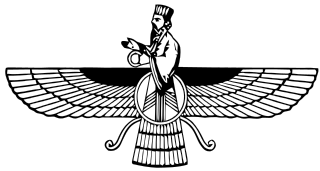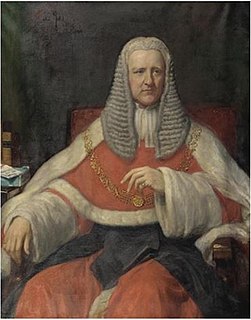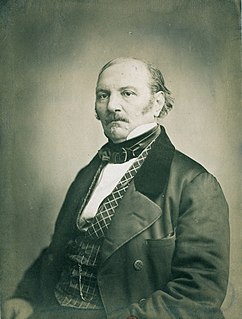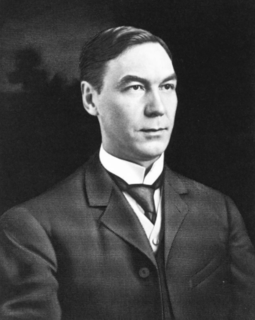A Quote by Zoroaster
That which is good for all and any one,
For whomsoever- that is good for me. . .
What I hold good for self, I should for all.
Only Law Universal is true law.
Related Quotes
When you say there's too much evil in this world you assume there's good. When you assume there's good, you assume there's such a thing as a moral law on the basis of which to differentiate between good and evil. But if you assume a moral law, you must posit a moral Law Giver, but that's Who you're trying to disprove and not prove. Because if there's no moral Law Giver, there's no moral law. If there's no moral law, there's no good. If there's no good, there's no evil. What is your question?
Laws which authorize and promote abortion and euthanasia are therefore radically opposed not only to the good of the individual but also to the common good; as such they are completely lacking in authentic juridical validity. Disregard for the right to life, precisely because it leads to the killing of the person whom society exists to serve, is what most directly conflicts with the possibility of achieving the common good. Consequently, a civil law authorizing abortion or euthanasia ceases by that very fact to be a true, morally binding civil law.
All men, in the abstract, are just and good; what hinders them, in the particular, is, the momentary predominance of the finite and individual over the general truth. The condition of our incarnation in a private self, seems to be, a perpetual tendency to prefer the private law, to obey the private impulse, to the exclusion of the law of the universal being.
God did not create the evil. He established the laws which are always good because he is good. The spirits would have been completely happy had they faithfully observed the law since the beginning. But, being free to make choices, the spirits have not properly obeyed them so that evil come as a consequence of this unwillingness. One can then say that good corresponds to everything which is in accordance with God's law while evil is everything which opposes it.
Good and wise men, in all ages, have embraced a very dissimilar theory. They have supposed that the deity, from the relations we stand in to himself and to each other, has constituted an eternal and immutable law, which is indispensably obligatory upon all mankind, prior to any human institution whatever. This is what is called the law of nature....Upon this law depend the natural rights of mankind.
I had a very good friend who was two years older than I was, and she was in law school, and she said, 'It's a great thing to do when you have no idea what you want to do.' And she was right. I learned a lot, I practiced law for 10 years. I've never looked back once I stopped practicing law, but it was a really good experience.
If he who breaks the law is not punished, he who obeys it is cheated. This, and this alone, is why lawbreakers ought to be punished: to authenticate as good, and to encourage as useful, law-abiding behavior. The aim of criminal law cannot be correction or deterrence; it can only be the maintenance of the legal order.
The civil magistrate cannot function without some ethical guidance, without some standard of good and evil. If that standard is not to be the revealed law of God (which, we must note, was addressed specifically to perennial problems in political morality), then what will it be? In some form or expression it will have to be the law of man (or men) — the standard of self-law or autonomy.
The Universal mind is not only intelligence, but it is substance, and this substance is the attractive force which brings electrons together by the law of attraction so they form atoms; the atoms in turn are brought together by the same law and form molecules; molecules take objective forms and so we find that the law is the creative force behind every manifestation, not only of atoms, but of worlds, of the universe, of everything of which the imagination can form any conception.
We now possess four principles of morality: 1) a philosophical: do good for its own sake, out of respect for the law; 2) a religious: do good because it is God's will, out of love of God; 3) a human: do good because it will promote your happiness, out of self-love; 4) a political: do good because it will promote the welfare of the society of which you are a part, out of love of society having regard to yourself. But is this not all one single principle, only viewed from different sides?

























